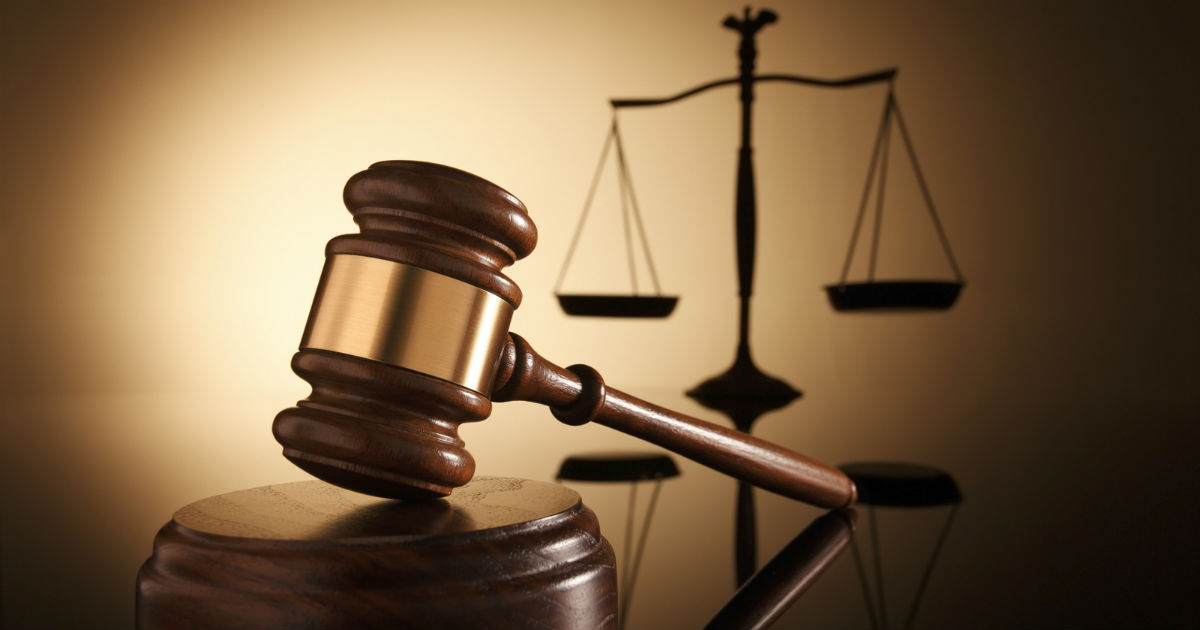
Hugo Grotius
Private schools operating in Maryland are subject to the authority of the State Department of Education, however they don’t seem to be bound by the entire legal guidelines and laws that public faculties are. Federal Courts Opinions—The Cornell University Law School maintains an opinion directory to the U.S.
Employment and Labor Law
ALLEI members must be legal professionals (legal professionals, judges, paralegal, and so forth.) or regulation college students with no less than one yr of legislation school completed. This program benefits uniquely from the expertise of the legal group of the State of Delaware, notably from the authorized activity of the state’s Court of Chancery, a global middle for corporate and industrial authorized processes.
(A second year of the fellowship is out there assuming satisfactory performance within the first yr.) The fellowship is underneath the auspices of the UCLA Program in Law and Philosophy. UCLA Law presents a broad range of sources for legislation and philosophy students, including a rich curriculum that explores the character of legislation and authorized methods and the theoretical underpinnings of specific doctrinal areas corresponding to constitutional, legal and contract law. Our Law and Philosophy Reading Room Collection offers an in depth number of academic works and a quiet house for studying and philosophical dialog.
This publish focuses on potential adjustments in legal and dispute decision follow, court procedures, and legal education. It concludes by suggesting that individuals advocating change ought to take advantage of the disruption to put the groundwork for his …



